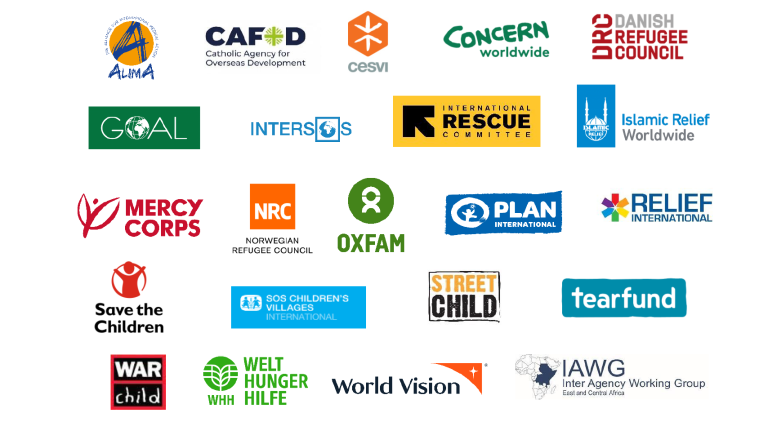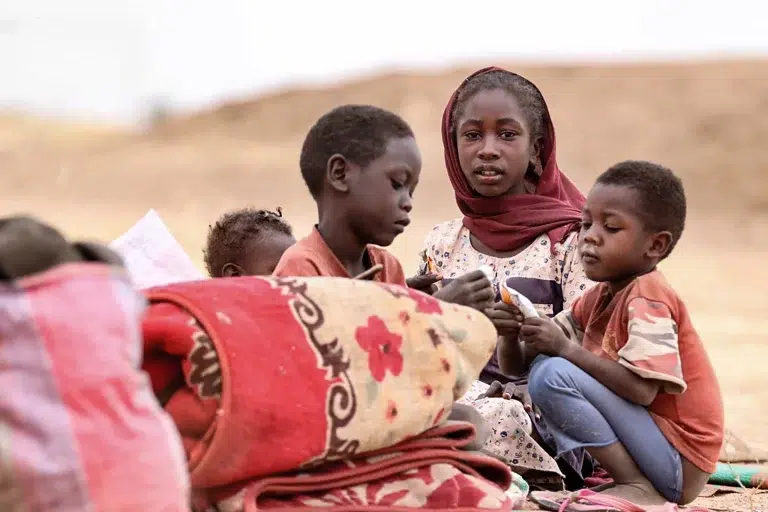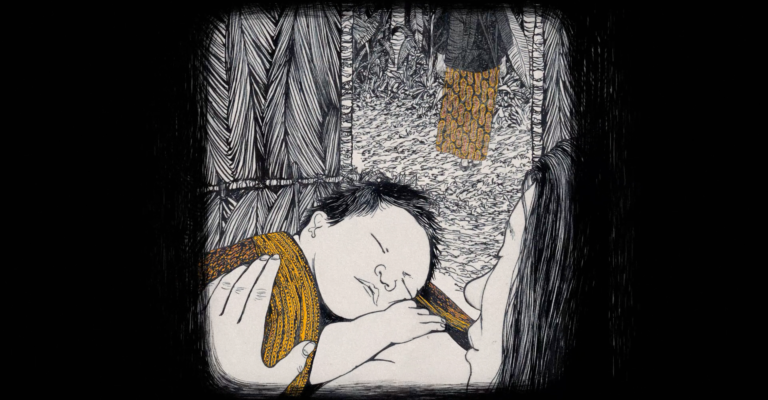“We welcome this news,” said Aziz Ould Mohamed, who is the head of mission for ALIMA in Niger. “It is a good thing that we are no longer seeing patients.”
ALIMA and its partner BEFEN (Bien-Etre de la Femme et de l’Enfant au Niger) have been providing free medical care to people suspected of having Rift Valley Fever in Tchintabaraden, the area most affected by the outbreak. The 40-bed treatment center, opened in September to help respond to the increasing number of suspected cases, closed on January 31.
Medical teams admitted 346 patients for treatment to the center between September 21 and January 5. The Ministry of Health says there was a total of 375 suspected cases reported since August 22. Sadly, the epidemic claimed 30 lives in Niger. Nineteen of these deaths were recorded before the treatment center opened.
“The mortality rate was around 50 percent before the treatment center opened,” Aziz Ould Mohamed said. “But with proper medical care, it dropped to less than 10 percent.”
Rift Valley Fever is a virus that originates in animals and can be transmitted to humans who come into contact with infected animal tissue, blood or other bodily fluids. It can also be contracted by consuming raw milk, which is a staple food among the nomads in the region, and in some cases, by mosquitos. The majority of patients admitted to the treatment center in Tchintabaraden were men, who had slaughtered a sick animal, and women who prepared the meat or the milk.
Symptoms of Rift Valley are usually similar to that of the flu, but in rare cases can become hemorrhagic. There is no specific treatment, but patients can be treated for different symptoms, such as fever and joint pain.
In addition to the treatment center, ALIMA and BEFEN offered medical care to nomads in the area via mobile clinics. To stop the spread of the outbreak, more than a dozen health promoters travelled in teams around Tchintabaraden to both educate people about Rift Valley Fever, including what it is, how to prevent it and where to get treatment, as well as to identify any suspected cases and refer them to the treatment center.
“Overall, the response was a success,” Ould Mohamed said. “Thanks to a perfect coordination between ALIMA, BEFEN and the Ministry of Health, we were able to quickly put an end to the outbreak and get people the medical care they needed.”
The work won’t end with the closing of the treatment center, however. ALIMA and its partners have begun training health staff at a number of clinics in high risk zones in the region on how to identify and treat Rift Valley Fever. The hope is that if another case should occur next year, health clinics can stop the spread of the disease before it becomes an outbreak and requires emergency intervention.
ALIMA is a humanitarian medical aid organization created in 2009. Teams work hand-in-hand with a network of local and national medical organizations to provide life-saving care to some of the world’s most neglected communities in acute emergencies and recurring crises.
In Niger, ALIMA and its Nigerien NGO partner BEFEN (Wellbeing of Women and Children in Niger), have been collaborating with health authorities in Mirriah (Zinder region) and Dakoro (Maradi region) to reduce mortality in children under the age of five. In 2016, medical teams treated more than 44,000 children suffering from severe acute malnutrition and 96,000 patients with malaria. Nearly 150,000 mothers were trained to detect malnutrition in their children using the MUAC model.
Photo: WTYSL / ALIMA






